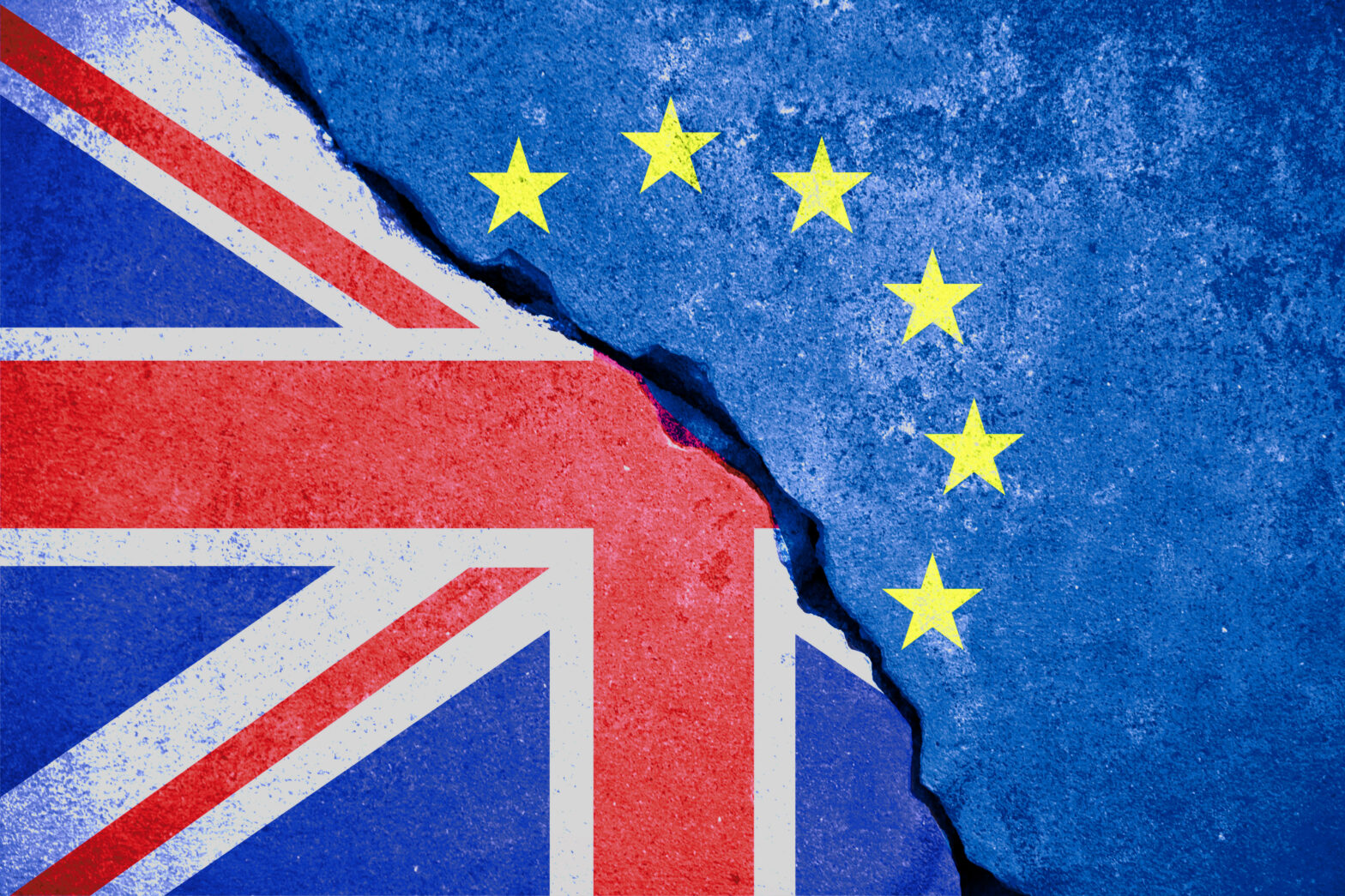Before the referendum, more than half (52 per cent) of small and medium-sized enterprise (SME) leaders believed that share prices would fall in the wake of Brexit.
However, this has since decreased to just over a third (39 per cent) who think this will happen, according to a study by Opinium.
In May, more than a quarter (28 per cent) of SMEs believed Brexit would result in a recession, but this has now dropped to 18 per cent and slightly more believe that the economy will continue growing as it was before the referendum.
Now, just under half (45 per cent) still think there will be a slowdown in economic growth, even if this won’t lead to a recession.
James Endersby, managing director at Opinium Research says that the shock caused by the referendum result prompted all businesses, large and small alike, to think quickly about the potential ramifications of leaving the EU.
‘Now that the some time has passed since that historic vote, for the moment we’re seeing that fear is starting to dispel and the outlook of SME leaders is looking up – this should put spirits in good stead as we start to enter negotiations and see the long-term implications pan out.’
George Hosegood, co-founder of Turvec Solutions says his business imports the majority of its bicycle parking products from the Netherlands, and post-Brexit the fluctuating value of the pound has caused some uncertainty in the company’s margins.
‘However we have seen no decline in demand for bicycle parking products since the referendum, the short term is unpredictable but we do not believe Brexit will have a negative long-term impact on our business.’
Impact on exporters
As an international courier shipping to the EU for over 30 years, Fastlane International was strongly against Brexit because of the potential impact on UK exporters of new tariffs and taxes. However, the company’s shipments to the EU have actually increased following the vote, says the company’s head of consumer research David Jinks.
‘This is due in no small part to our export customers taking advantage of the low value of the pound; meaning British goods are a serious bargain overseas,’ he says.
The company is hiring more customer service staff currently to support its continued expansion; and there looks to be no sign of the exponential rise in e-commerce slowing down, Jinks adds.
‘Even if Britain doesn’t gain access to the single market Fastlane still sees areas of growth. Domestic shipments are likely to grow as UK products replace EU sourced items that would presumably attract new UK import duties and VAT.’
Additionally, shipments to the USA, India and Australia are already up noticeably year on year for the company, Jinks reports.
‘While we are still not exactly cock-a-hoop about the way the vote went, Fastlane is more optimistic that an increase in domestic, US and Commonwealth trade looks well-positioned to at least cushion the impact.’
Further reading on Brexit





